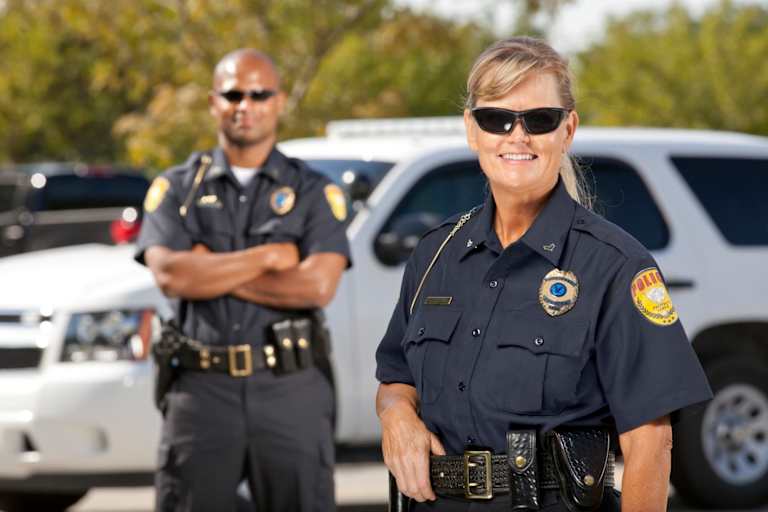Criminal Justice and Law: Degrees and Careers

What Is Criminal Justice?
Criminal justice studies the policies, processes, and institutions involved in criminal courts and correctional systems. This academic field also explores systemic impacts on involved populations from a social justice perspective.
A criminal justice degree can help you enter a variety of professions, including roles in:
- Law enforcement
- Crime investigation
- Corrections
- Public policy
You can also combine a criminal justice degree with education in related fields, such as criminology, law, psychology, sociology, and social work. This may help you qualify for specialized career paths.
Online Criminal Justice Programs
Accredited colleges and universities offer criminal justice programs at all degree levels. Undergraduate — associate and bachelor’s — degrees usually lead to entry-level job opportunities, while graduate (master’s and doctoral) degrees support growth and advancement.
Explore the following links to learn more about the variety of available criminal justice programs:

Best Online Criminal Justice Bachelor’s Degrees 2026
Discover the top online criminal justice bachelor’s degree programs, and learn about degree types, cost, admissions, and more.

Best Criminal Justice Schools in California
What can you do with a criminal justice major? Learn about top careers, how much you can earn, and the best criminal justice schools in California.

Online Paralegal Certificate Program Guide
Learn what to look for in accredited online paralegal certificate programs that can open doors to entry-level careers in legal services.

Doctorate in Forensic Psychology Program Guide
A Ph.D. or a Psy.D. in forensic psychology can help make a difference in your career. Discover acceptance tips and clinical and research job paths.
How do I fund my criminal justice degree?
Scholarships, fellowships, and grants offer funding to directly reduce your schooling costs that you don’t have to pay back. Providers usually issue these aid packages on the basis of need or merit.
You can also bridge funding gaps with federal or private loans, which you will have to pay back, or by studying online or part-time while you work.
Careers in Criminal Justice and Law
Criminal justice degrees lead most readily to professional roles with community agencies, court and correctional systems, and law enforcement organizations. You can also work in public policy, or combine your degree with education in a related field to build a specialized professional profile.
Explore some options below:

Guide to Criminal Justice Jobs and Degree Requirements
Looking for a criminal justice job? Use this guide to learn about average salaries, in-demand roles, and career paths based on degree level.

How to Become a PI (Private Investigator): Career Guide
Do you aspire to help a client find lost loved ones or gather and analyze evidence for a civil trial? Learn how to become a PI in our guide.